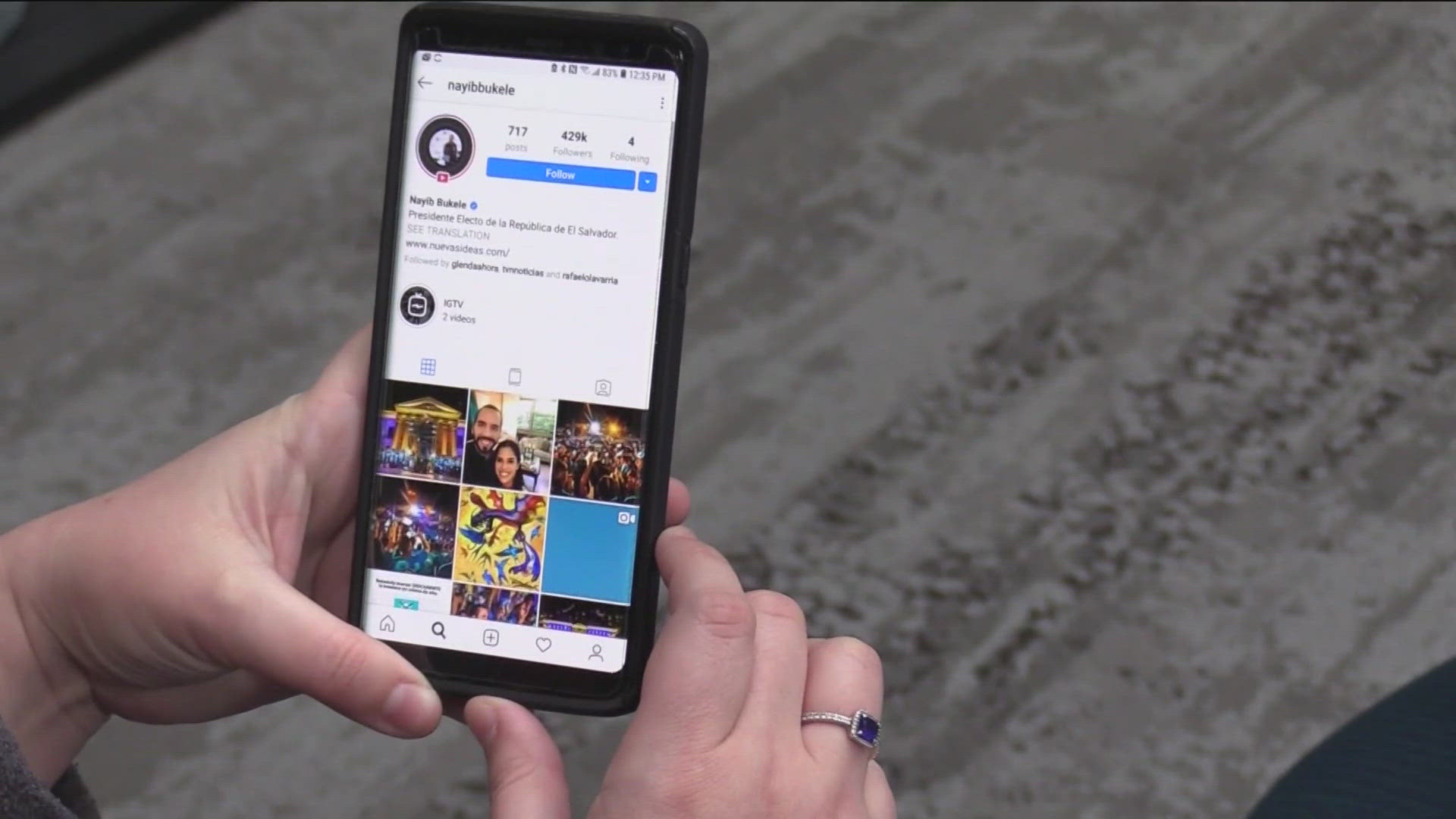SAN DIEGO — Students in California's public schools may soon be banned from using their smartphones on school campuses.
On May 23, State Assemblymembers voted unanimously in favor of Assembly Bill 3216, a bill that barring special circumstances will outlaw smartphones in public schools. The bill is now making its way through the State Senate and toward the Governor's desk to be signed into law, possibly by 2025.
California Assemblymember Josh Lowenthal (D-Long Beach) was one of three state representatives to introduce the bill.
"So it goes hand in hand with local control initiatives, but does give schools that authority if that's the direction they want to go," said Lowenthal.
Assembly Bill 3216 - The Details
The bill is aimed at addressing the well-documented impacts that social media and smartphones have on teenagers and pre-teens.
The bill reads, "There is growing evidence that unrestricted use of smartphones by pupils at elementary and secondary schools during the school day interferes with the educational mission of the schools, lowers pupil performance, particularly among low-achieving pupils, promotes cyberbullying, and contributes to an increase in teenage anxiety, depression, and suicide."
"The levels of youth suicide, eating disorders, depression, anxiety are off the charts. And there's no doubt that there's a nexus between social media, smartphones and all the pressures associated with that," said Lowenthal.
If passed and signed into law, lawmakers look to limit those impacts by mandating that all school districts adopt policies to "limit or prohibit the use by its pupils of smartphones while the pupils are at a school site or while the pupils are under the supervision" of school employees.
The bill includes exceptions allowing students to use smartphones if there is an emergency, if the teacher or administrator grants a student permission to use their phone, if needed for medical reasons, or is used as an aid for those in individualized education programs.
What The Experts Say
Jean Twenge PhD is a professor of psychology at San Diego State University and an expert on social media's influence in children and teenagers.
Twenge has written two books, iGen, and the newly released Generations, both focus on the negative impacts that social media and smartphones have on teens and younger children.
Twenge's research shows depression, learning disabilities, and impacts on the mental health of teens and pre-teens have skyrocketed since the proliferation of smartphones and social media.
"Gen Z. those born between 1995 and 2012 are the first generation to spend their entire adolescence in the age of the smartphone," Twenge told CBS 8. "It has had ripple effects across many areas of their lives most notably the rise in teen depression.
"Teen depression, for example, doubled between 2011 and 2019, well before the pandemic. So clearly, the cause of that increase was something that happened in the early 2010s. I found that it was probably the smartphone and social media, it's tough to think of anything else, that had such a big impact on teens' lives around that time."
In her research, Twenge cited numerous studies that links social media and unhappiness and depression in teens and young children.
"As teens started to spend a lot more time online, they also started to spend less time with their friends face to face. They also started to spend less time sleeping. So you put that together and it is not a good formula for mental health."
But that, says Twenge, is not all. "Then there's all of the content. Meta's own research found that Instagram, for example, is linked to body image issues, particularly among teen girls and young women."
WATCH RELATED: Rise in sextortion cases in San Diego

